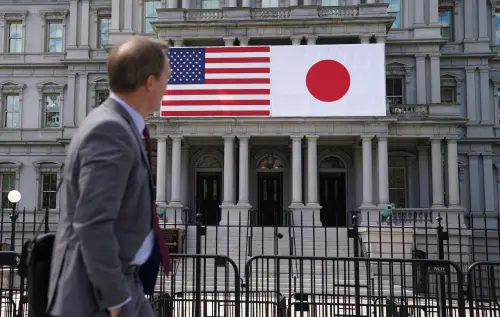Throughout history, Korean rulers looked at China as a source of political and ideological legitimacy for their regimes, as a reliable military shield, and as
an applicable model of socio-economic development, cultural traditions, and
moral values for Korean states. The Democratic People’s Republic of Korea (DPRK) was no different.
DPRK founder Kim Il Sung turned to his former comrades-in-arms from the days of the joint anti-Japanese struggle in Manchuria—the Chinese Communist Party (CCP) leaders led by Mao Zedong—for military assistance in his zealous
drive to unify the Korean Peninsula in 1950–53. He also relied heavily on the economic
aid of the People’s Republic of China (PRC) and the free labor of several hundred thousand Chinese People’s Volunteers (CPVs) in the post-war reconstruction
of Korea. During the socialist construction in the 1960s and 1970s, protected
by the Chinese military umbrella, the DPRK’s leadership tended to follow the CCP’s ideological lead and copied Chinese methods of labor mobilization,
e.g., the Ch’ollima (“Flying Horse”) movement modeled after the Maoist Great
Leap Forward and the Soktojon (“speed battle”). North Korea also adopted some
Chinese-like forms of organization of industrial and agricultural production
processes known as the Taean system. Even after Deng Xiaoping launched economic
reforms in China in 1978, Kim Il Sung attempted to imitate the Chinese
example by introducing the Joint Venture Law and a new self-accounting system
in the mid-1980s. But, that is where emulation stopped.
In the beginning of the 1990s, the developmental paths of North Korea and China began to diverge rapidly. Following the cutoff of allied assistance, the collapse
of the world communist economic system, and the death of its founder,
North Korea fell deeply into economic depression and political coma, which disrupted
the decades-old social-economic fabric and shook the political foundations
of the North Korean regime, whereas China accelerated market-oriented economic
reforms and experienced one of the most dynamic growth spurts in its modern
history, increasing the political legitimacy of the CCP’s rule at home and strengthening
China’s influence abroad.


Commentary
Giving Lip Service with an Attitude: North Korea’s China Debate
December 1, 2003